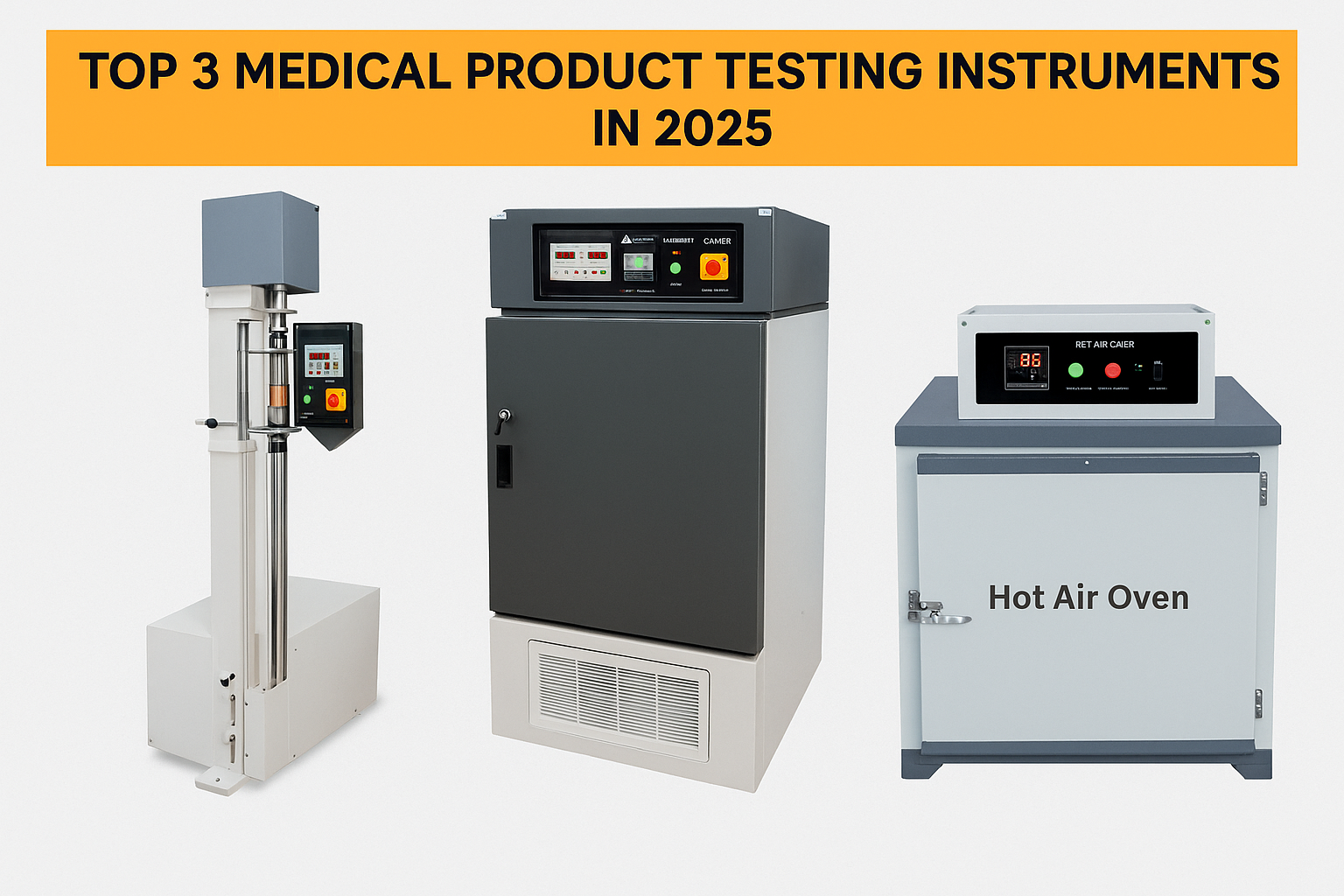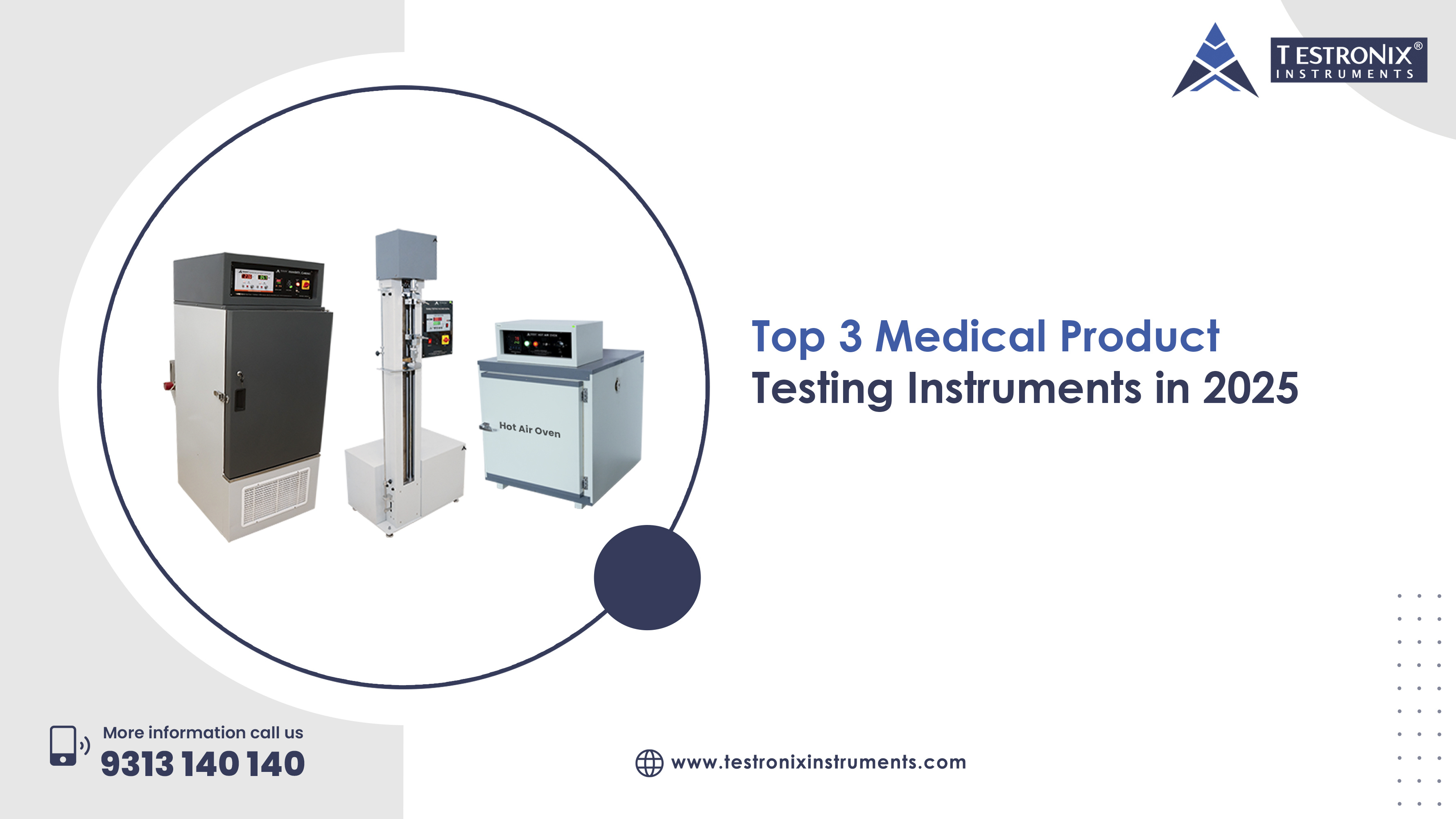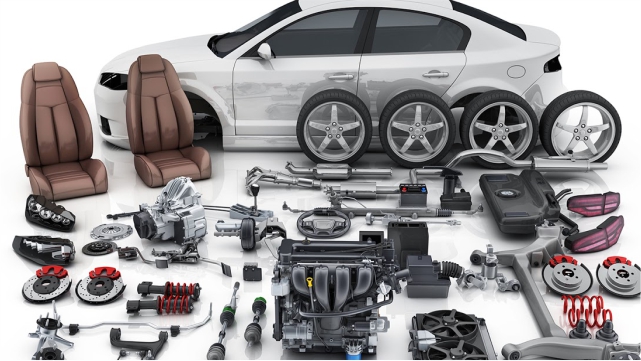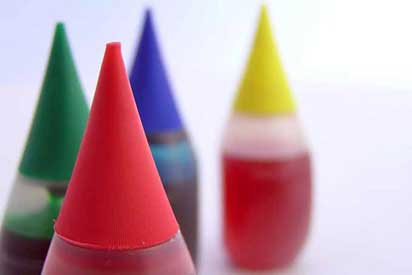In the rapidly changing medical sector, the safety, quality, and reliability of medical products are extremely important. Medical product testing devices play a crucial role in maintaining product performance, lifespan, and compliance with international standards. Equipped with new technology in 2026, these machines have become more precise, efficient, and indispensable for manufacturers, laboratories, and quality control departments.
What are Medical Product Testing Instruments
Medical product testing equipment is are device employed to evaluate the performance, safety, and reliability of medical products and devices. Medical product testing equipment is essential for guaranteeing that medical devices perform as required, comply with safety levels, and are compatible with patient care.
Some Commonly Used Medical Product Testing Equipment Are:
-
Tensile Testers
-
Material Compatibility Testers
-
Usability Testing Equipment
-
Biocompatibility Testers
Top 3 Product Testing Instruments for Medical Industries

Humidity Chamber - Conditioning Chamber
What is it: A humidity conditioning chamber is a specialized device that serves to mimic and control certain environmental conditions for textile materials. The primary purpose is to furnish a controlled environment where textiles may be acclimatized to certain humidity and temperature conditions.
Uses of Humidity Chamber:
-
Testing the effect of moisture on pharmaceuticals, medical devices, and packaging.
-
Verified product stability in different humidity conditions.
-
Accelerated aging testing to forecast long-term behavior.
-
Compliance testing for ASTM and ISO standards.
Hot Air Oven
What is it: A hot air oven is a thermostatically controlled space utilized for dry heat sterilization and drying of materials. It's an apparatus that employs hot air circulation to destroy microorganisms, dry out samples, or warm up materials to the required temperatures. Typically, in laboratories, pharmacies, and factories, hot air ovens are used in processes where dry heat is more desirable than other forms of sterilization.
Uses of Hot Air Oven:
-
Sterilization of surgical tools, glassware, and metal equipment.
-
Removal of moisture and drying of medical specimens.
-
High-temperature stability tests of medical materials.
-
Ensuring compliance with hygiene and safety regulations in laboratories.
Tensile Strength Tester
What is it: A tensile strength tester is an instrument that measures a material's resistance to being broken under tension, or its tensile strength. It tests a sample by putting a controlled, stretching force on it until it breaks, quantifying the force needed and other characteristics such as elongation. This data is important to know about material behavior and product quality.
Uses of Tensile Strength Tester:
-
Assessing the mechanical properties of medical polymers, plastics, and clothing.
-
Ensuring the reliability and longevity of medical consumables.
-
Testing for ISO, ASTM, and other regulations compliance.
-
Medical device manufacturing quality control.
Global Standards of Medical Product Testing Equipment
Regulatory authorities across the globe enforce compliance to ensure that every medical device is safe, reliable, and patient-ready. Some of the most recognized standards and bodies include:
-
FDA (U.S. Food and Drug Administration): Ensures medical devices sold in the U.S. meet strict safety, quality, and efficacy requirements.
-
ISO (International Organization for Standardization): Provides globally accepted standards such as ISO 13485 for medical device quality management systems.
-
ASTM International: Sets material testing and performance standards widely used in the medical sector.
-
CE Certification (European Union): A mandatory mark that indicates compliance with EU safety and environmental regulations.
-
WHO & National Regulatory Authorities: Many countries also have their own agencies aligned with World Health Organization (WHO) recommendations.
Buying Guide – How to Choose the Right Testing Equipment
Accuracy & Reliability
When it comes to medical product testing, accuracy cannot be ignored. Instruments should deliver precise and repeatable results to ensure that products consistently meet performance and safety requirements. Reliable results help avoid costly errors, product recalls, or regulatory issues, making accuracy the foundation of any testing process in the medical sector.
Compliance Support
Testing equipment should be designed to meet internationally recognized standards such as ISO, ASTM, FDA, and CE certifications. Instruments that align with these benchmarks help manufacturers reduce compliance risks and streamline global market approvals. Choosing compliance-ready equipment not only speeds up certification but also builds trust with regulatory bodies and end-users.
Calibration & Maintenance
Long-term reliability of medical testing instruments depends on proper calibration and regular maintenance. Before purchasing, ensure the manufacturer offers strong after-sales support, including service contracts, spare parts, and calibration facilities. Well-maintained instruments not only last longer but also continue to produce accurate results, safeguarding your investment and regulatory compliance over time.
Data Management
With growing regulatory demands, proper record-keeping is essential. Modern instruments should offer digital data logging, secure storage, and easy integration with laboratory information management systems (LIMS). This helps in tracking test histories, generating compliance reports, and preparing for audits with ease. Strong data management capabilities ensure transparency, traceability, and efficiency in quality control.
Scalability
Medical industries evolve rapidly, with new devices, materials, and standards emerging every year. Selecting scalable equipment ensures you can handle increasing test volumes or new product requirements without replacing the system. Flexible machines that support multiple test methods and future upgrades make your investment more future-proof and cost-effective in the long run.
Cost Efficiency
While upfront costs matter, the true value of a testing instrument lies in its long-term efficiency. Durable equipment with lower energy consumption, minimal downtime, and reduced consumable usage provides better returns over time. Investing in high-quality machines may seem costly initially, but it ensures savings on repairs, replacements, and compliance risks in the future.
What Makes Testronix the Best Medical Product Testing Instruments Manufacturer
Testronix is a leading manufacturer of medical product testing instruments with its focus on quality, innovation, and customer-driven solutions. We have a diverse portfolio of advanced, high-reliability, and high-precision instruments supported by robust after-sales support and industry-standard compliance focus.
Testronix products provide:
-
High reliability and accuracy.
-
Easy-to-use interfaces with automated tested capabilities.
-
Extensive calibration, maintenance, and compliance support.
-
Advanced designs specific to the latest industry standards.
Conclusion
As medical businesses grow more advanced, investing in the latest product test equipment is more important than ever. Equipment such as the Humidity Chamber, Hot Air Oven, and Tensile Strength Tester ensures products are safe, long-lasting, and regulation-approved. With trendsetters such as Testronix at the forefront, 2026 medical product testing is more accurate, efficient, and reliable than ever before.





